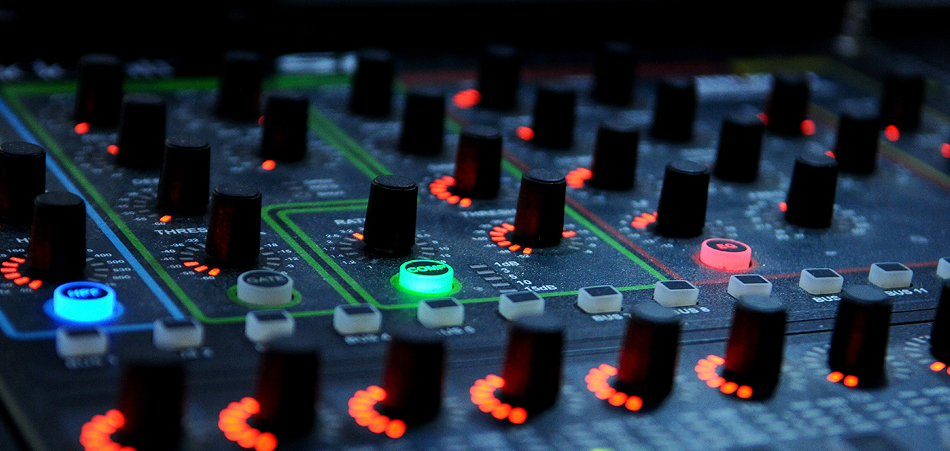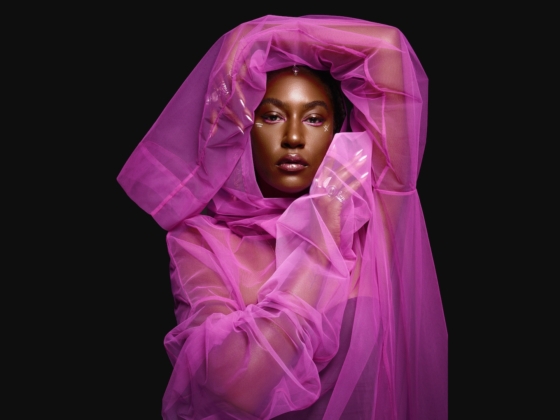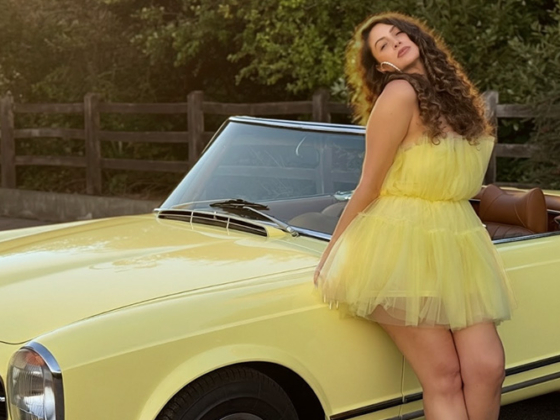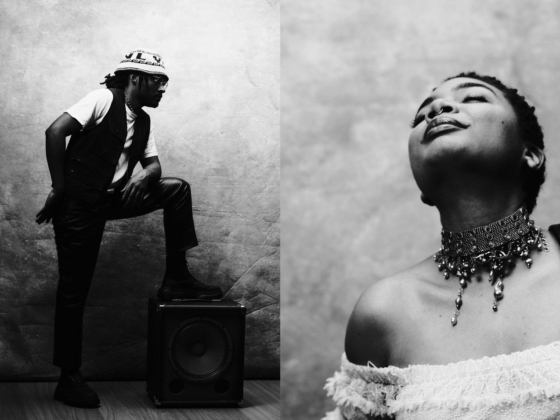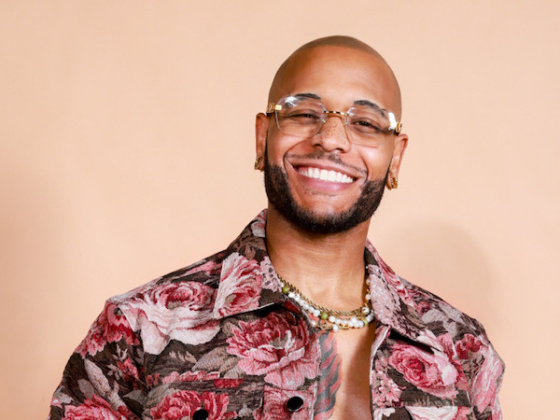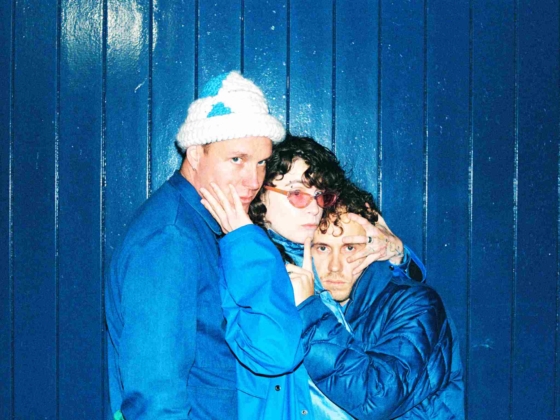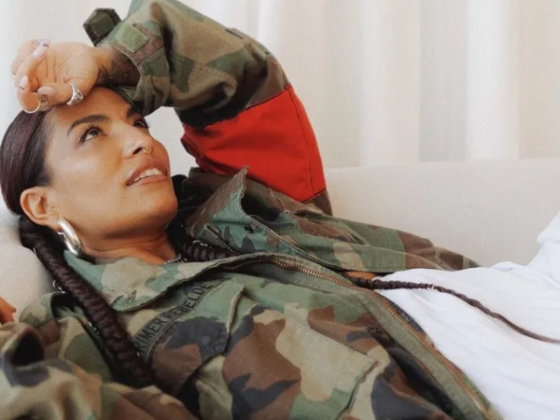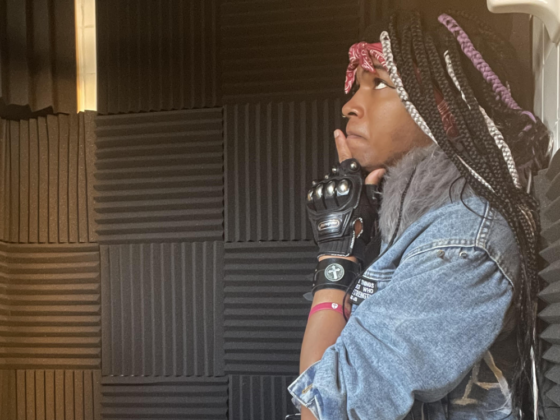September 10th kicked off Red Bull’s latest creative competition, Dance Your Style. Starting in Boston, the qualifier competition brought 16 countries from across the U.S to dance head-to head. Dance Your Style connects the dots for diversity, creativity, and inclusion but the spaces created for women should be noted. While dance encourages freedom of expression, women are often excluded, stifled and boxed in. Like many social systems, dance is structured to limit women. Those who do push beyond the expectation, are both exploited and shamed for their bodies and sexuality. While some women find ways to navigate the industry, some make the choice to walk away. As society pushes forward, there's been huge uptick in conversation surrounding female empowerment, something that is needed within the industry. In town for the qualifier competition, both talented and innovative dancers, Angyil and Dassy showed off their moves and gave some insight on the importance of female empowerment.
After a dance workshop led by Angyil herself, Dassy chopped it up with me in the heart of Boston to talk about female empowerment in dance. Angyil would give her own perspective, but only after getting lost in the music for just a few more minutes. Both iconic dancers for Red Bull, Angyil and Dassy have spent years evolving with their craft, leading their own crews, and educating dancers from all walks of life. The same way they both have naturally gravitated to embracing all that is dance, the two share the same appreciation for female empowerment in the industry. Navigating gender inequality in the dance industry, both Angyil and Dassy are reclaiming their bodies and sexuality. With two very distinct cultural and style backgrounds, they have a lot of differences but their passion is the same. “How did I get into dance? To be honest, I don’t remember ever being out of it,” Angyil says.
From backyard barbecues to family reunions, Angyil’s love for dance has always been there. Similar to her passion, she has always believed and felt that her body belonged to her. A feeling that more women deserve to experience, Angyil has never lost what was hers. “In order to reclaim something, you would’ve had to have lost it in the first place”, she expressed. This isn’t to say that the presence of objectification and loss of autonomy for women is not present in dance, but for women like Angyil, her unwavering confidence and passion keep her floating across the dance floor.
South Korean-born Dassy shares similar sentiments on female empowerment but her journey was different. “I got into dancing when I was 9. I loved to watch all the dancers on TV and copy their moves. I would get my friends together and we would perform”.
Not long after her start, she would make the transition into street dancing, battling, and freestyling. After moving to America, she dedicated her time to learning the history of street dancing. South Korea’s dancing community is both diverse and organized, allowing Dassy to immerse herself in many styles of dance. For many women entering into the dance industry, technique and style are often taught by men. Draped in baggy clothes, Dassy attempted to find her place in male-dominated rooms. "I wore baggy clothes thinking that was the only way to get respect,” she said. “When I moved to America, I was around 21 and starting to feel and embrace my body more. I started wearing more fitted clothes, performing with my crew, and just doing me.” Receiving harsh feedback about her appearance while performing only empowered her to push back and continue to push for other women in the industry.
In an industry that is not always kind to women, it was the women who dominated in the Boston qualifier. Female empowerment is not exclusive to Red Bull’s Dance Your Style, but it’s important that these spaces exist. New York-bred Beasty, battled through brackets of talent dancers and ultimately defeated finalist, Gutta. As the competition continues, keep a close eye on those who are killing it on the dance floor. Catch the next the competition live on Caffeine.

